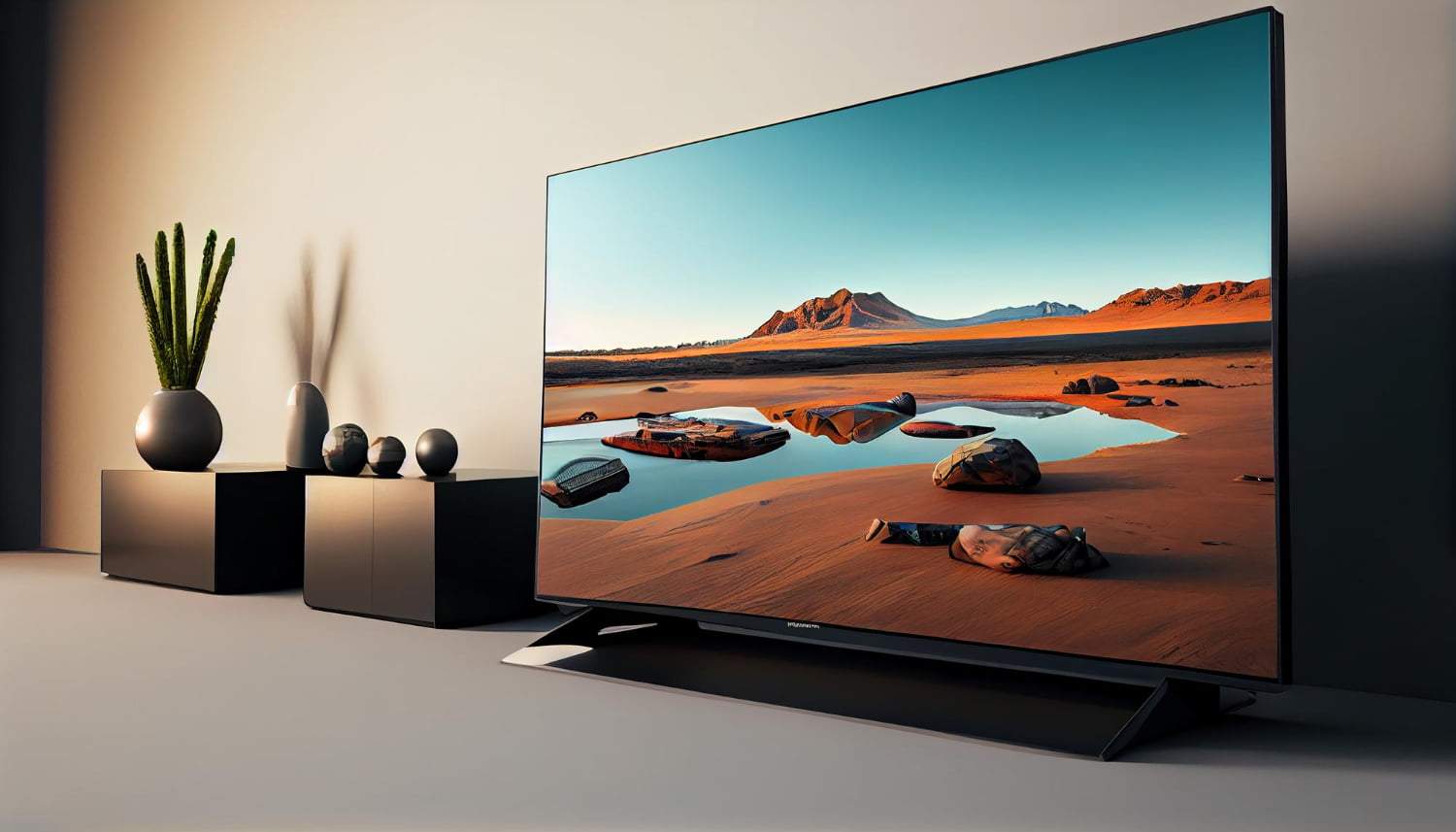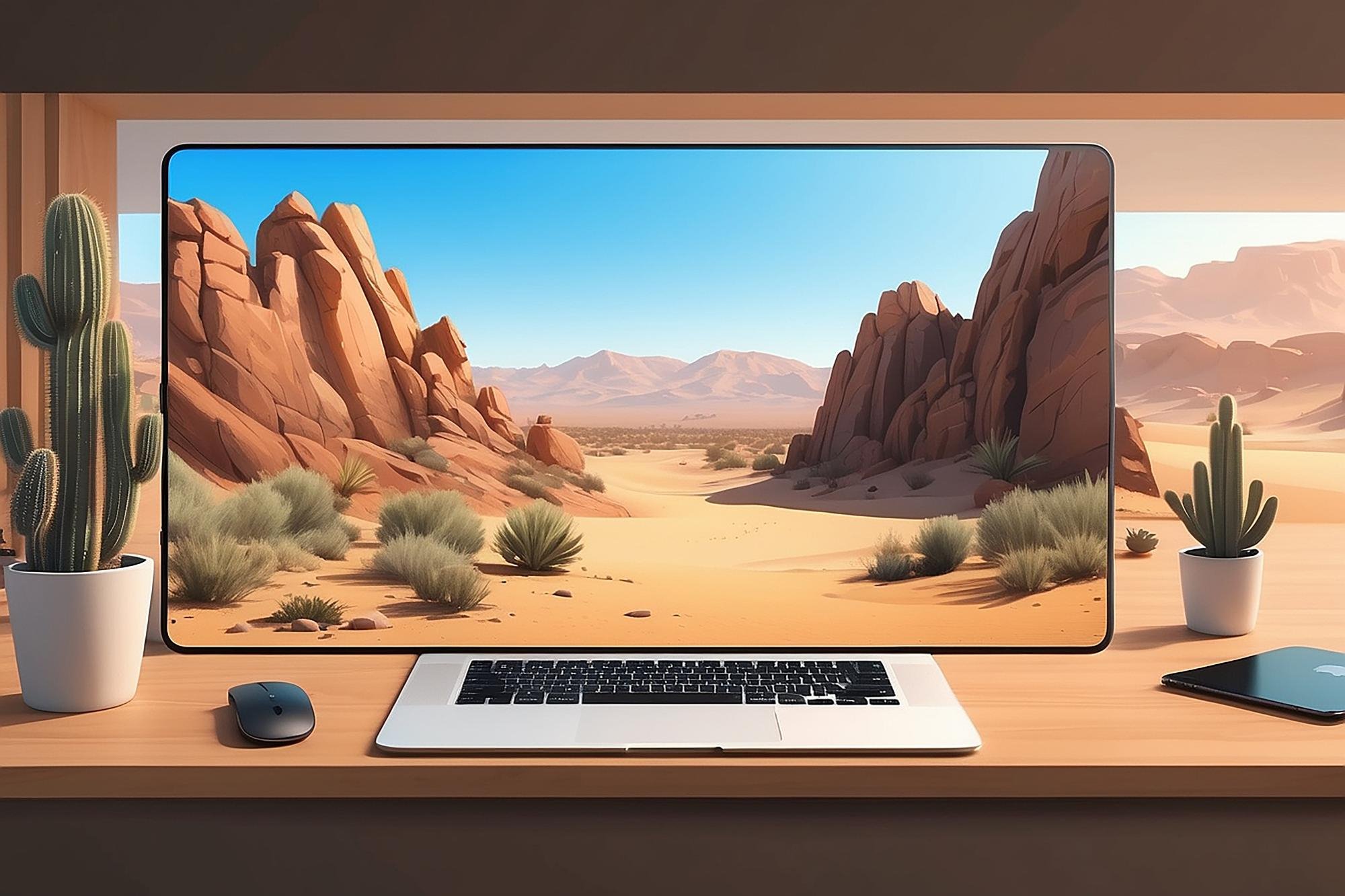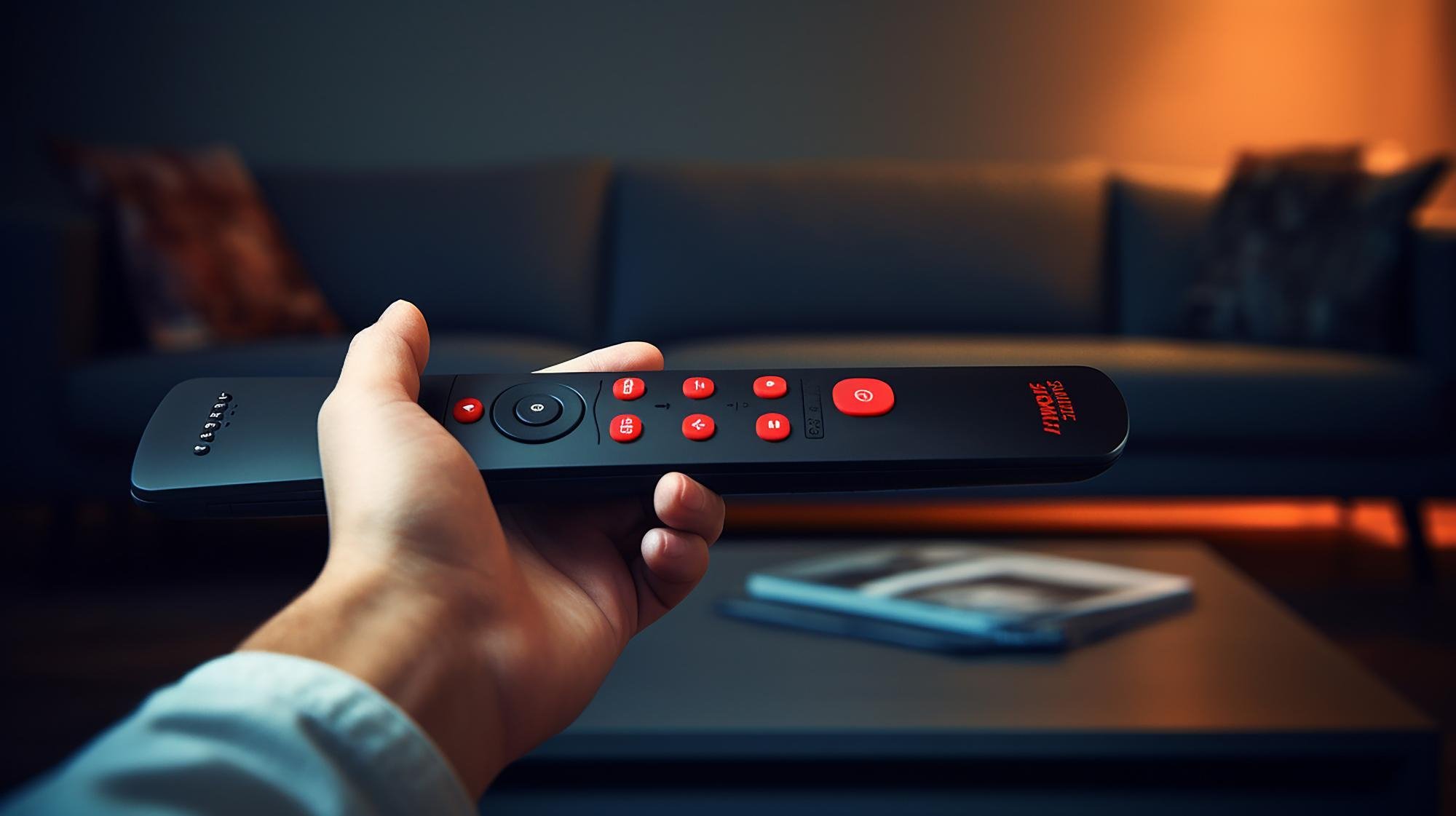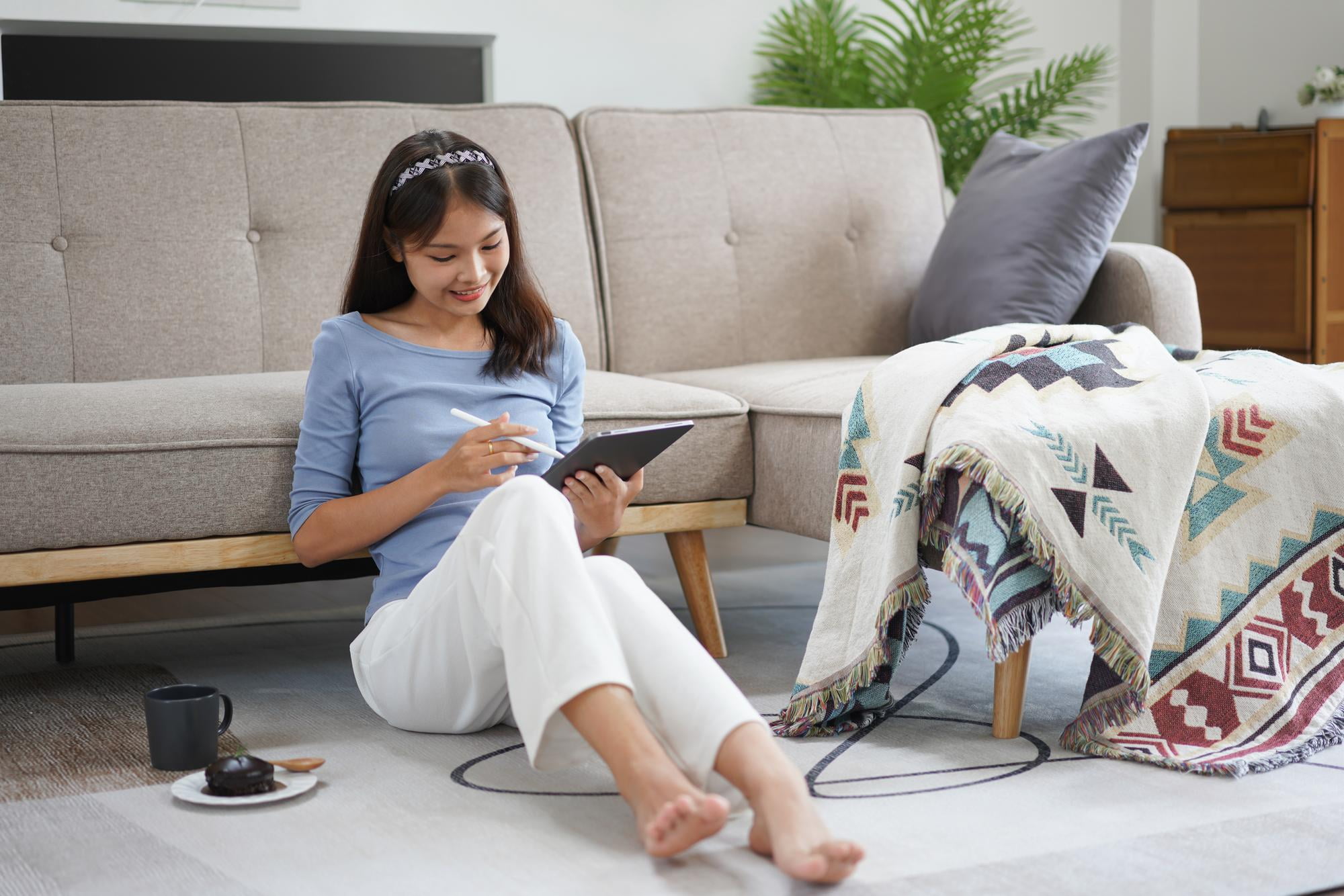Selecting the right television size is crucial for creating an engaging and comfortable viewing experience. Whether you are setting up a home theater or enhancing your living space, the right television can make all the difference.
This article will delve into the ideal television sizes for a 2201DS setting, helping you understand the factors influencing your choice, ensuring that your viewing experience is everything you envisioned.
Table of Contents
ToggleUnderstanding Television Sizes
When it comes to television sizes, a variety of options are available to suit different needs and spaces.
Standard Television Sizes
The most common sizes on the market include:
- 32 inches: Ideal for small rooms or kitchens.
- 55 inches: Popular for living rooms, providing a balance between size and comfort.
- 65 inches: Great for larger spaces, often preferred for a cinematic experience.
- 75 inches and up: Best for home theaters or expansive areas where immersive viewing is desired.
Measuring Your Space
Before making a decision, accurately measure your viewing area to determine what size will suit your needs best. Here are some tips:
- Measure against furniture: Ensure the TV will fit naturally with your existing furniture arrangements.
- Consider wall mounts: If you plan to mount your TV, note the wall space available.
- Distance from seating: Take into account how far the seating will be from the screen to avoid discomfort.
Factors Influencing Television Size Selection
Various factors play a role in selecting the appropriate television size for your space.
Room Dimensions
The layout and size of the room greatly influence your choice. For instance, a compact room may call for a smaller TV to avoid overwhelming the space, while a larger room can accommodate a more substantial screen.
Viewing Distance Recommendations
One helpful guideline is to calculate the ideal screen size based on your viewing distance. A general formula is to multiply the screen size by 1.5 to 2.5 to find your preferred distance. For example:
- For a 55-inch TV, the optimal viewing distance would range from 6.5 to 11.5 feet away.
Purpose of Viewing
Understand the purpose of your TV viewing. Different activities may warrant different sizes:
- Movies: A larger screen may enhance the cinematic experience.
- Gaming: Choose a size that allows for an immersive experience without glare or discomfort.
- Regular TV watching: A moderately sized TV can provide comfort without dominating the space.
Different Viewing Experiences
Immersive Home Theatre Experience
If you’re looking to create a home theater environment, larger sizes, such as 75 inches or more, can provide an immersive experience that mimics the cinema feel. Strategic placement and optimal viewing distances are crucial — aim to have at least 10 to 15 feet distance for the best comfort.
Casual Viewing Situations
For everyday viewing, a medium-sized TV, like a 55-inch model, offers a balance of visibility and comfort, making it suitable for most living spaces.
Gaming Considerations
Gamers often prefer larger screens (around 65 inches or more) to enhance the visual experience, especially when playing games that require detailed visuals.
Recommendations for the 2201DS Setting
Ideal Size Range
For the 2201DS environment, a television size range between 55 to 75 inches works best. These sizes provide ample viewing space while also fitting well within the layout of most average-sized rooms.
Comparisons of Different Size Options
Here are some comparisons based on average room sizes:
- For a room size of 12×12 feet: A 55-inch TV is ideal, providing a clear and comfortable viewing experience.
- For larger rooms (15×20 feet): A 65 to 75-inch TV enhances the viewing experience without strain.
Client Testimonials
Many clients who settled on a 65-inch TV in their 2201DS setups reported a thrilling viewing experience, expressing satisfaction with the combination of comfort and size.
Common Mistakes When Choosing TV Size
Navigating the world of television sizes can be tricky, with several common mistakes to avoid:
- Overestimating size: Some tend to choose a larger size based on enthusiast advice without considering their specific space and viewing comfort.
- Ignoring viewing distances: Failing to consider how far you’ll sit from the TV can lead to discomfort.
- Choosing aesthetics over practicality: A visually appealing TV that is too large can overwhelm your space and detract from your overall experience.
Final Thoughts
Choosing the right television size in a 2201DS setting is about finding the right balance between enjoyment and practicality. When taking room dimensions, viewing distance, and personal preferences into account, you can ensure a satisfying viewing experience.
Remember to measure your space accurately and consider your unique viewing habits before making your purchase.
FAQs
What is the best TV size for a small room?
For small rooms, a 32 to 55-inch TV typically works best, ensuring that the screen is prominent without overwhelming the space.
How does TV size affect picture quality?
Larger TVs can provide greater detail at optimal viewing distances, but screen resolution also plays a significant role. Higher resolution TVs (like 4K) offer better picture quality, especially on larger screens.
Should I always go bigger for the best experience?
Not necessarily. Bigger isn’t always better. It’s essential to balance screen size with your room dimensions and viewing experience.









